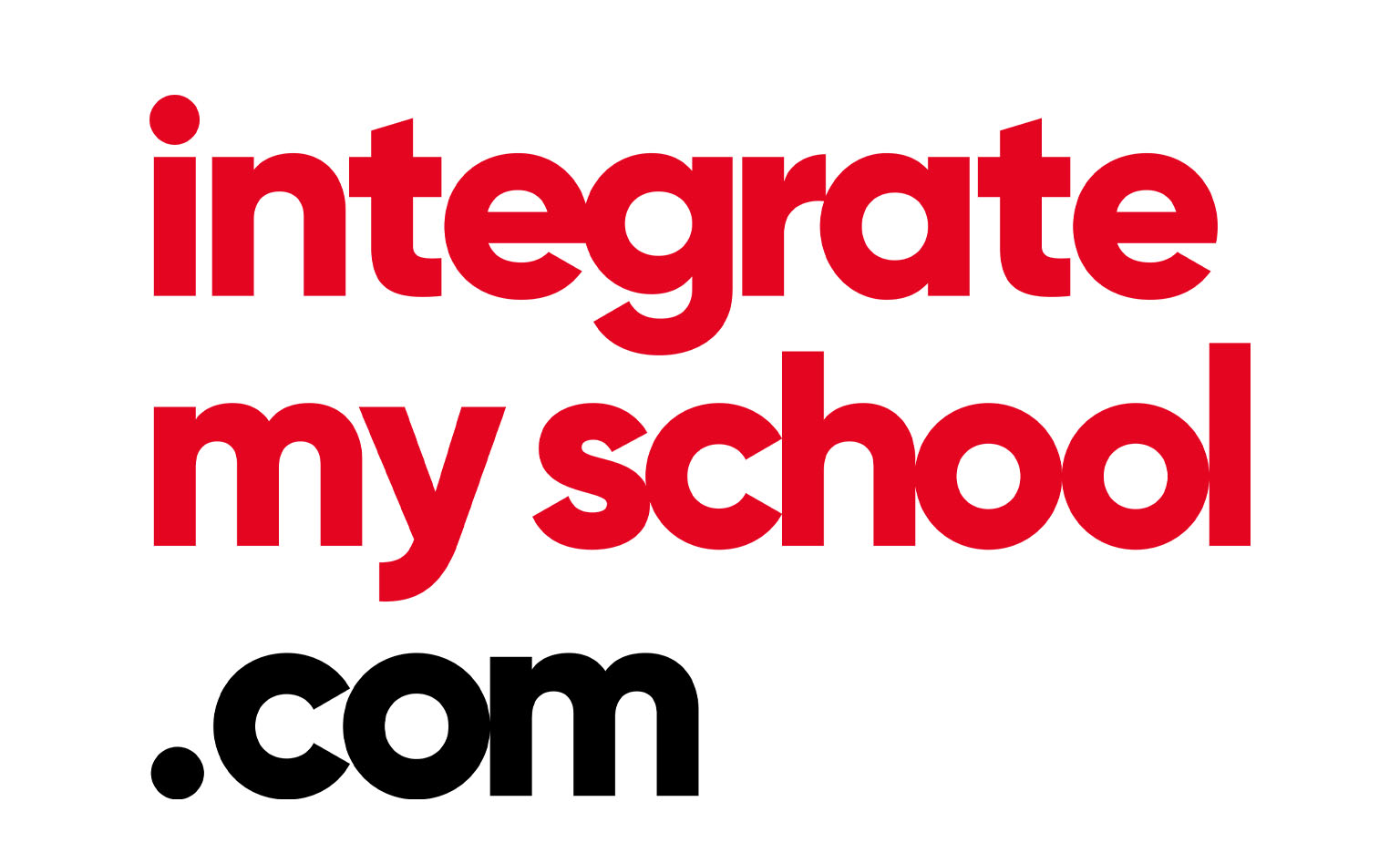The opportunities of integrated education

As the newly appointed Chief Executive of the Integrated Education Fund (IEF), I am delighted to have the opportunity to take the organisation forward in what is an exciting yet challenging time for integrated education, writes Paul Caskey, Chief Executive of the IEF.
Having dedicated almost 24 years of my career to helping integrated education grow and develop, I am very aware of barriers and obstacles facing its work but also the many opportunities.
At the start of 2025, we were dismayed by the Minister of Education’s decision to refuse integrated status for Bangor Academy and Sixth Form College and Rathmore Primary School, as well as proposals from Bridge and Spires Integrated Primary Schools regarding nursery school provision. Despite this disappointing news, we were pleased that three nursery schools were approved to become integrated through the transformation process – Magherafelt NS, Ballymena NS, and Downshire NS. These nursery schools will bring the number of integrated schools to 76 in September 2025, educating over 28,000 pupils.
The IEF remains extremely concerned that the Minister of Education rejected the democratic wishes of the overwhelming majority of parents at the two Bangor schools. The Minister’s decision “would not be in line with the Department’s duty to encourage and facilitate integrated education particularly when this is considered to be a sustainable school which is seeking to transform”. These are not the words of integrated education campaigners, but the area planning and policy team of the Department of Education itself.
In reaching this flawed decision, the Minister has clearly rejected, not only the desire of the school community but also the advice of his own officials, the Education Authority, Controlled Schools Support Council (CSSC), and the Council for Integrated Education (NICIE). It is hard to comprehend how such decisions reflect the Department of Education’s statutory duty to ‘support, encourage, and facilitate’ integrated education.
We deeply appreciate the time, energy, and commitment both schools, parents and the wider communities have already dedicated to the transformation process. We do not want any of this hard work to be lost going forward and the IEF will continue to support the schools to help them consider next steps and future actions.
Over the winter months, you may have noticed our Northern Ireland-wide advertising campaign, narrated by our great friend and supporter Liam Neeson and funded through a private donor. This campaign was a huge success, with 62 per cent of the adult population in Northern Ireland having seen the TV advert and nearly 136,000 viewing the advert in the cinema. The outdoor campaign covered 60 per cent of Northern Ireland, the radio advert reached 67 per cent of the population and on social media, the campaign had a reach of over 880,000. We want to thank Cranmore Integrated Primary School and Hazelwood Integrated College for kindly allowing us to film the advert in their schools. The campaign has been extremely successful in raising awareness of integrated education.

On 12 March 2025 the IEF was invited to present to the Northern Ireland Assembly Education Committee alongside our colleagues in the NICIE. Following the IEF and NICIE, the Integrated AlumNI were also able to share their perspective and experiences. Questions asked during the session gave us the opportunity to explain how integrated education is much more than simply having a mixed intake of students and how it is intentional integration that permeates across the entire school in policy and practice. Integrated education involves celebrating differences, it impacts on the way a school approaches teaching many subjects (for example RE, history, and even PE) and it is core to governance and the ethos within a school.
In March 2025, LucidTalk revealed the results of their 2025 Northern Ireland-wide attitudinal poll on education. 65 per cent of respondents agreed that integrated education should be the main model for our education system in Northern Ireland. The results demonstrated that the high level of support for integrated education from the people of Northern Ireland remains steadfast and strong.
The IEF is pleased to have seen a lot of progress in research over the past months. At the start of April 2025, the Future Schools Toolkit for Post-Primary was published. This Toolkit, which was developed by the School of Education in Ulster University and commissioned by the IEF, was made possible by a grant provided by the Northern Ireland Office (NIO). The Toolkit is designed to help and support local school communities to assess the sustainability of current school provision and to assess whether there may be an alternative model of provision that is more sustainable.
Integrated schools continue to thrive and offer excellent education to young people across Northern Ireland. We were delighted to celebrate with the school community of Phoenix IPS in Cookstown as they revealed their new school building and reflected on the school’s 20-year journey.
Secretary of State Hilary Benn MP had a very special visit to Mill Strand IPS in Portrush where he met pupils, staff and founding parents on what was the 27th anniversary of the signing of the Belfast Good Friday Agreement. Reflecting on the visit, he said: “This Government is unapologetic in its support for more integrated education in Northern Ireland so that children from different backgrounds can learn together, better understand one another and become friends.”
The Secretary of State was given a tour of Mill Strand IPS’s new school building. Both Phoenix IPS and Mills Strand IPS’s new buildings were funded by the Fresh Start Agreement, which is part of the UK Government’s commitment to deliver new capital funding to support shared and integrated education.
The IEF continues to support the growth and development of integrated education. Our goal is to make integrated education available to every parent who chooses it for their child.
Forestview
Purdy’s Lane
Belfast, BT8 7AR


T: 028 9069 4099
E: info@ief.org.uk
W: www.ief.org.uk





